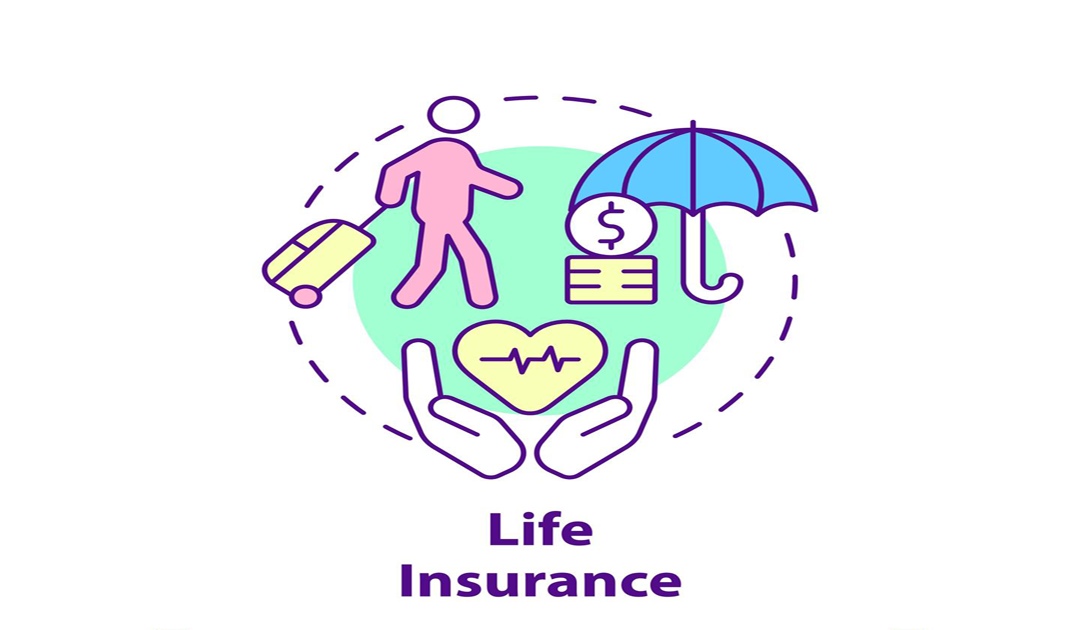No one would argue that life insurance is an important part of your financial safety net—and if you haven’t purchased it yet, you can sign up here for only $5 a month. But there are quite a few things that people overlook when it comes to their life insurance policies. Life insurance protects your family and your assets.
The importance of life insurance
Whether you’re buying for yourself, a family member, or an investment, life insurance is a crucial piece of a proper financial plan. Life insurance can cover the entire estate of the person who is insured—so you can use that money to give to other heirs (such as your spouse or your children), or to help pay the debts of your dependents who don’t have insurance. Life insurance can also be used to cover the expenses of your funeral, in case your death is sudden or you are too ill to purchase a policy. And some policies may provide the funds for care for a family member—such as a parent. If the unfortunate event happens to be accidental, a policy may cover medical bills for any children who are insured.
Why is accidental death life insurance so important?
The biggest reason to have accidental death life insurance is so that your family can rely on your financial support if you die suddenly. While you’re alive, your financial institution can be responsible for your death. However, once you pass away, your assets (and your loved ones) are left vulnerable. This is why accidental death life insurance is so important. This type of policy pays out a lump sum to the beneficiary once you die, but only after they’ve paid a death benefit premium. For example, the death benefit amount of $100,000 is paid out in 10 installments of $10,000. Your beneficiary will have to pay the premium, then the remaining $9,000 would be paid directly to them once the premium is paid in full.
Who needs accidental death life insurance?
A company like Platinum Insurance is a licensed life insurance company that sells life insurance all over Ohio. They specialize in delivering the best insurance you can get for your policy and price. That’s because they manage your life insurance and make sure your bills are paid. According to the U.S. Department of Labor’s Bureau of Labor Statistics, accidents are the number one cause of death in the United States for both men and women. Statistically, every 15 seconds someone in the U.S. is involved in a car accident. In 2017, there were approximately 35,696 deaths as a result of car accidents alone. But the sad fact is that those who make an unfortunate mistake will get into an accident. And if the accident happens at the wrong time, that one careless moment could mean the end of your life.
Young adults
Many young people underestimate the importance of accidental life insurance. While not everyone is willing to pay thousands of dollars for term life insurance, many see life insurance as an expense to be avoided. But while term life insurance won’t provide much coverage, accidental death insurance, or accidental death and dismemberment insurance (AD&D), can pay out quickly if someone dies while you’re still young and healthy. The extra cost of AD&D is often offset by the payout amount, especially for term policies. Imagine you’re 34 years old, a single woman, with no children, no property or other assets, and a monthly income of $2,000. Because you have AD&D, you get $1,000 for a single death, and the remaining $1,000 if you’re a married woman and have children.
Parents of young children
If you’re worried about caring for your children when you’re old and gray, life insurance can help with that. With life insurance, your kids are taken care of in the event that you pass away. They won’t be in debt, there won’t be any worries about finances, and they will be taken care of by a company that is sure to protect them until the end. Parents of other young children If you’re someone who can’t leave your kids behind, you may want to think about life insurance to help you cover their debts in case of emergency. Of course, you don’t want to end up in debt to the point where you can’t provide the necessities, but if it came down to it, your kid’s student loans would be paid off and they could move on with their life.
Seniors
Age discrimination isn’t just a problem in the workplace. It can impact your health and independence. Especially if you’re close to retiring and are relying on Social Security, or depend on benefits from a spouse’s retirement savings, this may cause you to worry. But here’s a promising way to make sure that, even if you fall on hard times, you can keep your family safe: life insurance. According to NerdWallet’s 2018 Guide to Healthy Aging, one in three seniors over 65 doesn’t have adequate life insurance coverage. In many cases, this can be chalked up to confusion about how much coverage is necessary. NerdWallet recommends setting a minimum coverage amount for health care purposes, which can be as low as $250,000 per person (or $500,000 for families).
How much coverage is enough?
If you’re unsure of how much coverage you need, you might not want to get a life insurance policy. What you really need to know is how much coverage you should get. In this regard, you’re not alone. Millions of people who buy a life insurance policy end up overpaying for life insurance, which is something you want to avoid if you can help it. Don’t assume your maximum life insurance coverage will last you forever. There’s no reason to be so certain about this. Rather, make a mental note of your life stage, your earning history, and your current and future financial needs, and make sure that you get the right coverage, for the right price, to address your needs. What do I need life insurance for?
What Is the Difference Between a Life Insurance Policy and an Accidental Death Policy?
The mistake most people make with their life insurance is forgetting that it’s not just a savings account. There’s a large difference between a life insurance policy and an accidental death insurance policy. Here’s a quick primer. A life insurance policy is typically a term insurance policy that allows you to benefit from a life insurance company’s death benefits when you pass away. An accidental death policy offers the same benefit, but without any guarantee of the policy paying benefits. An accidental death policy is typically purchased by a person with cash on hand and is designed to cover funeral costs and expenses associated with the loss of a loved one. Here are the two types of life insurance, and why you might want to buy an accidental death policy.
The Scope of Accidental Life Insurance
Accidental life insurance is meant to help cover the costs of an unexpected event like sudden death or health problems. It will take care of funeral expenses, health-care costs, child-rearing expenses, and other expenses associated with the sudden and tragic loss of a loved one. These are the three biggest life insurance gaps that most people are likely to overlook: Life insurance is not mandatory. If your loved one is still alive, you are free to decide how much life insurance to buy and how long to receive payments. You can even increase your payout at any time. If your loved one is still alive, you are free to decide how much life insurance to buy and how long to receive payments. You can even increase your payout at any time. Accidental insurance is cheaper.
Conclusion
Accidental life insurance is not an automatic necessity for everyone, but there are good reasons why you should consider it: If you have a loved one who’s due for a promotion and leaves you with some extra responsibility, you may want to take out the policies. If you have an accident that kills someone, or leave you in a car accident, you’ll need a quick income for your family. If you’re in a car accident and leave your family with a lot of expenses, a plan like accidental life insurance could help with the financial stress. Accidental life insurance plans can help you both protect you and your family’s assets. With the right choice, you can keep your loved ones financially secure without having to worry about medical bills or funeral costs. It is best to talk to an insurance company handling life insurance.

